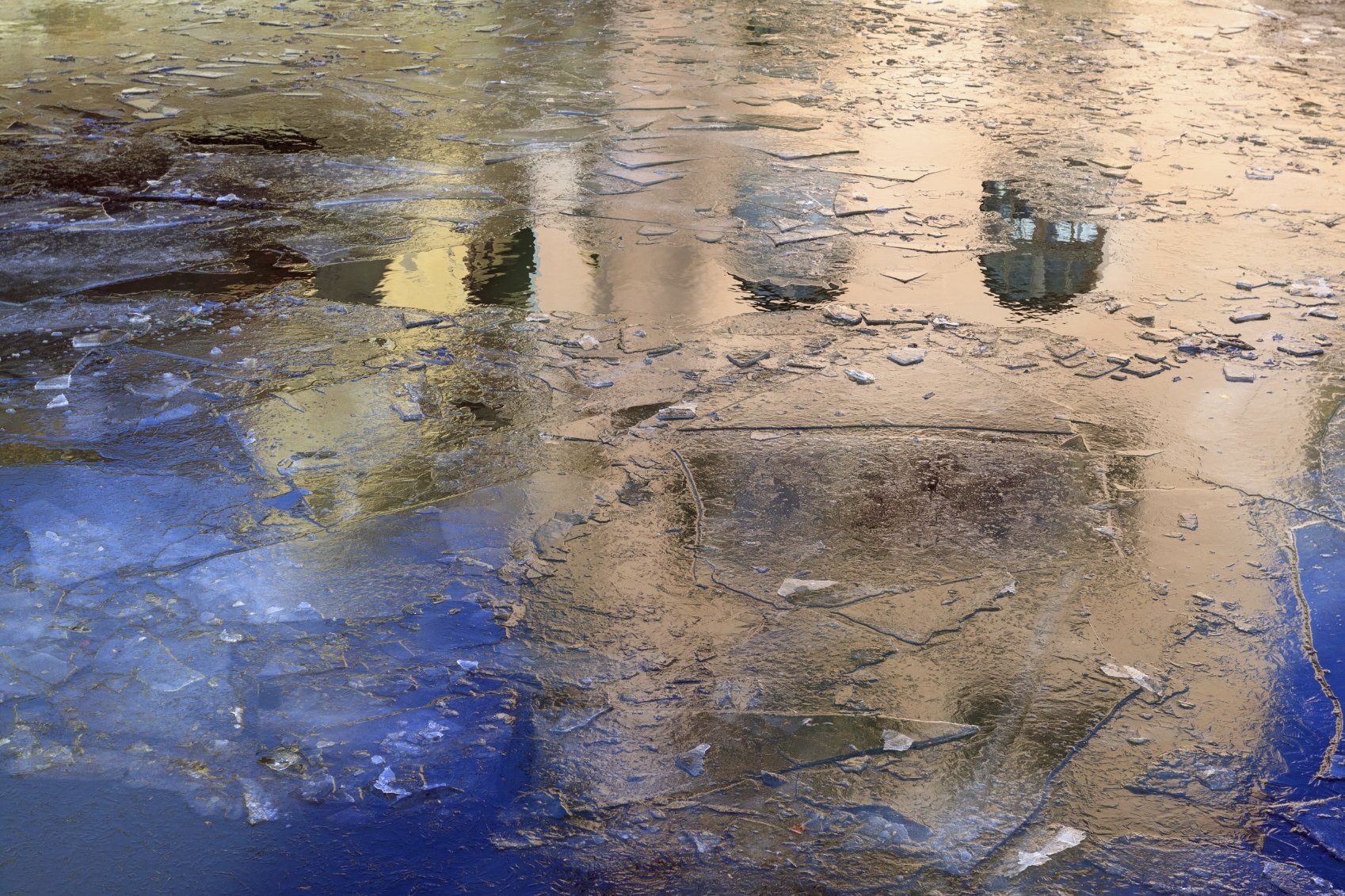Blog
Blog

by Thea Bailey
•
31 December 2019
Not just a number one hit for the Beach Boys in 1966! Sound moves us physically and emotionally and has been used therapeutically for thousand of years. Over the Christmas break I visited the lovely Bamford Spa in the Cotswolds and treated myself to an hour of Sound Healing with Alchemy Crystal Bowls. The premise of this experience is to lay down and relax and experience the sounds which stimulate healing, re-balances the body’s natural energy as you experience the varying sound frequencies. Silence may be golden however, research shows that sound moves us physically and emotionally. Music has the ability to change the atmosphere of our environment. Watching the same silent black and white movie with two different sound tracks will emote differing emotions, even though we are watching the same scene. Sound therapists believe our bodies contain ‘energy frequencies’ and that sonic frequencies can be used to re-attune these energies when we go off key. All we need to do is bathe in the beauty of pure sound. Sound has been used as a calming or healing tool for many thousand years. Himalayan singing bowls are a prime example as they have been used throughout Asia for prayer and meditation and are now used to promote well-being and relaxation. I encourage you to explore the benefits for yourself, whether you try Gong Bathing Therapy, Crystal Singing Bowls or join a choir and take up singing to rebalance emotional well-being and eliminate stress. I certainly enjoyed my hour of relaxation with the crystal bowls as I felt the relaxing power of the vibrations. Wishing you a very happy New Year's Eve and enjoy singing and dancing to your favourite tracks as you welcome in the New Year 2020. For more information visit the British Academy of Sound Therapy as well as Bamford Spa in the Cotswolds.

by Thea Bailey
•
1 November 2019
"UNDER THE ICY SURFACE OF A FROZEN GARDEN POND, PLANTS AND CREATURES ADAPT TO SURVIVE WINTER'S CHILL... It is deepest winter, and the garden pond is buried beneath bleached ground. Sparse stems of robust plants jut through the pure white cover, as though reaching for warmer heights, their remaining leaves brittle and laced with frost. Settled snow hides the pool’s periphery, smoothing the edges as shoreline and surface are blended into uniformity. The pond dozes through a seasonally imposed, cryogenic sleep. Aside the tracks of passing cats and birds pressed into the crisp covering, there is empty desolation. Yet still, life remains; it has just sunken. Below the surface, biological clocks tick and skeleton workforces continue to labour. The upper levels are abandoned. As ponds cool, the life they contain relocates progressively deeper, an exodus from the surface ice to follow. Governing this are changes to the physical properties of water, brought about by the low temperatures. For aquatic life, these changes are essential for survival, as without them, the pond would freeze solid. ". Source: Landscape magazine Jan 2018. As the season changes and the clocks go back, this time of year effects us all. We know Winter is on its way, yet we still find the change a challenge. By embracing the change and looking for the positives it brings, we build up our resilience and become more open to new opportunities and different way of being. "People don’t notice whether it’s winter or summer when they’re happy." - Anton Chekhov
